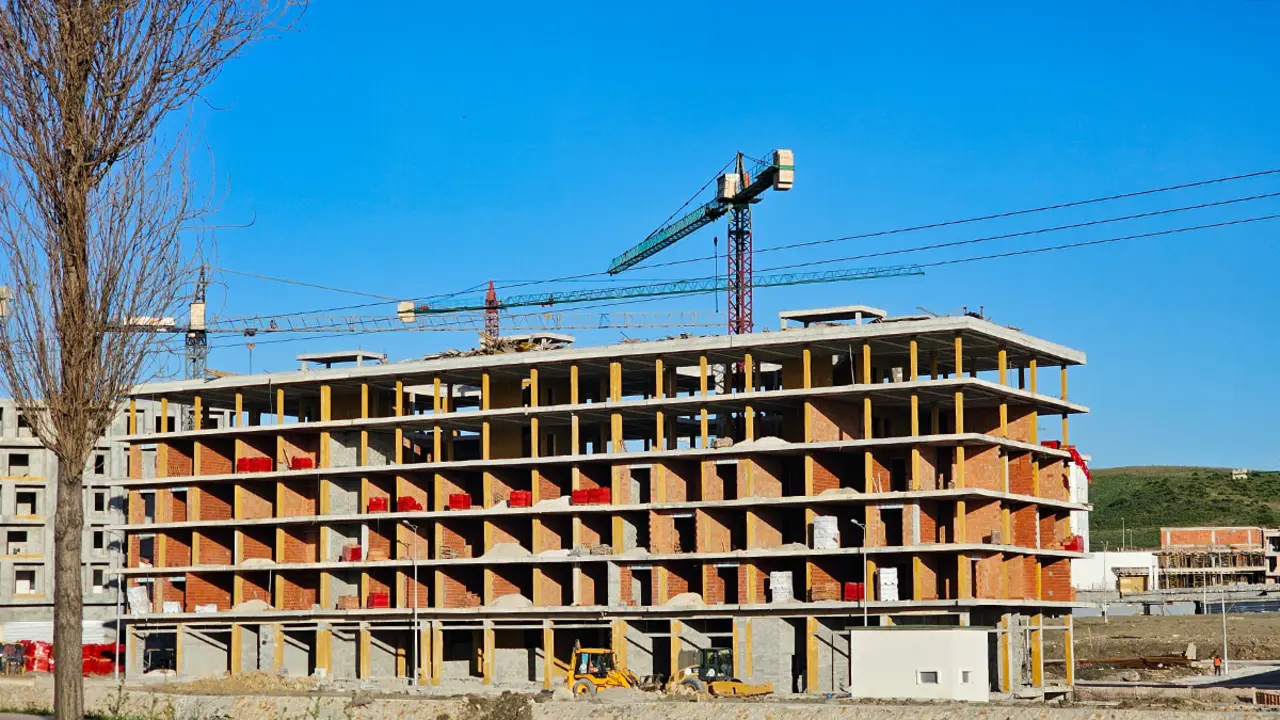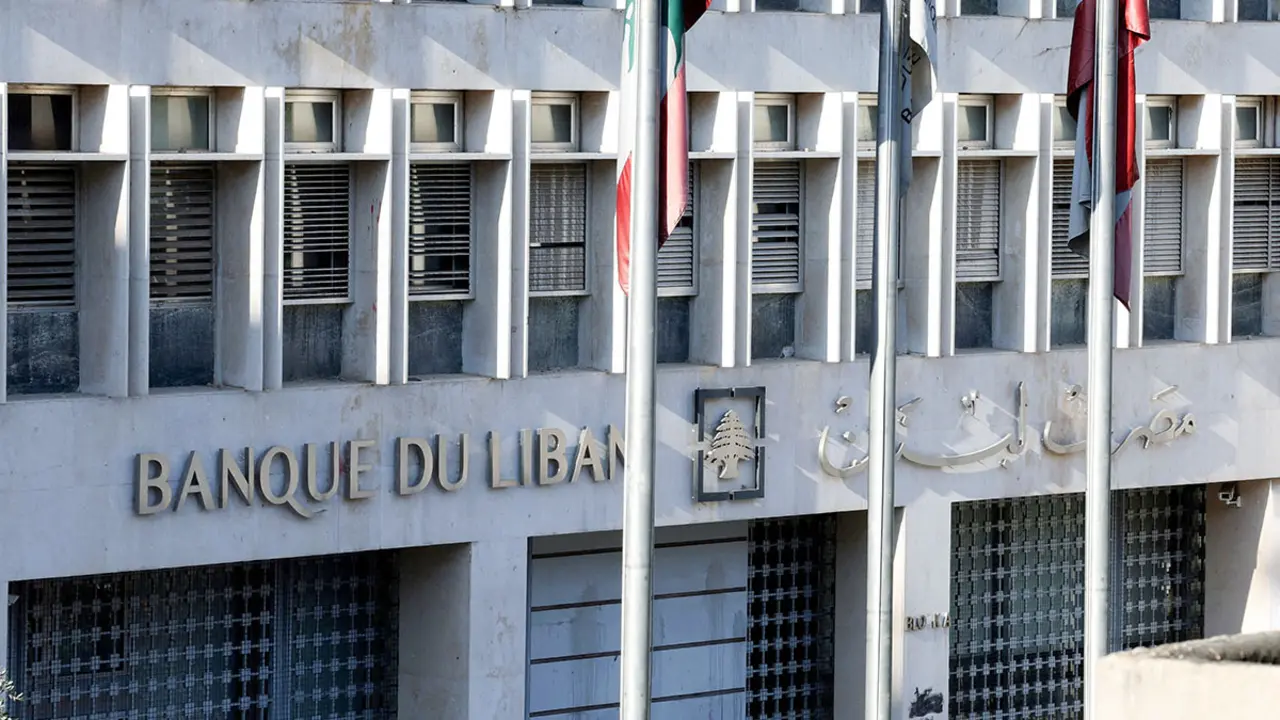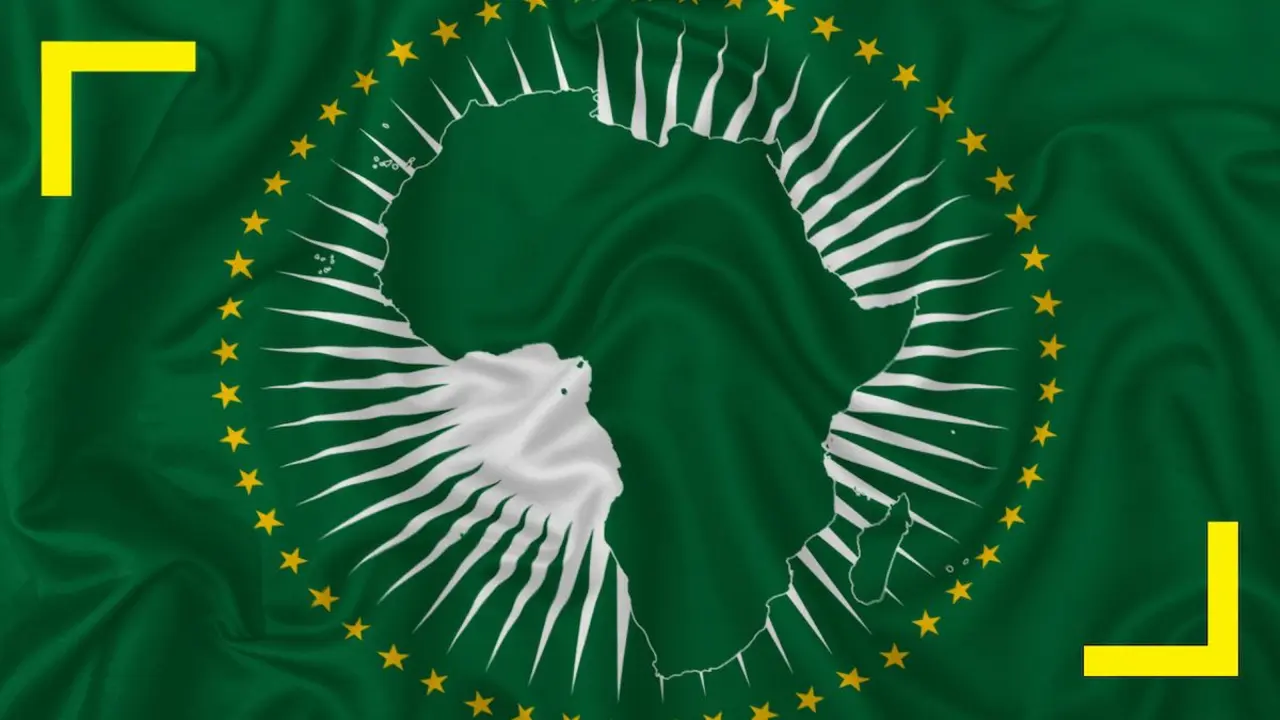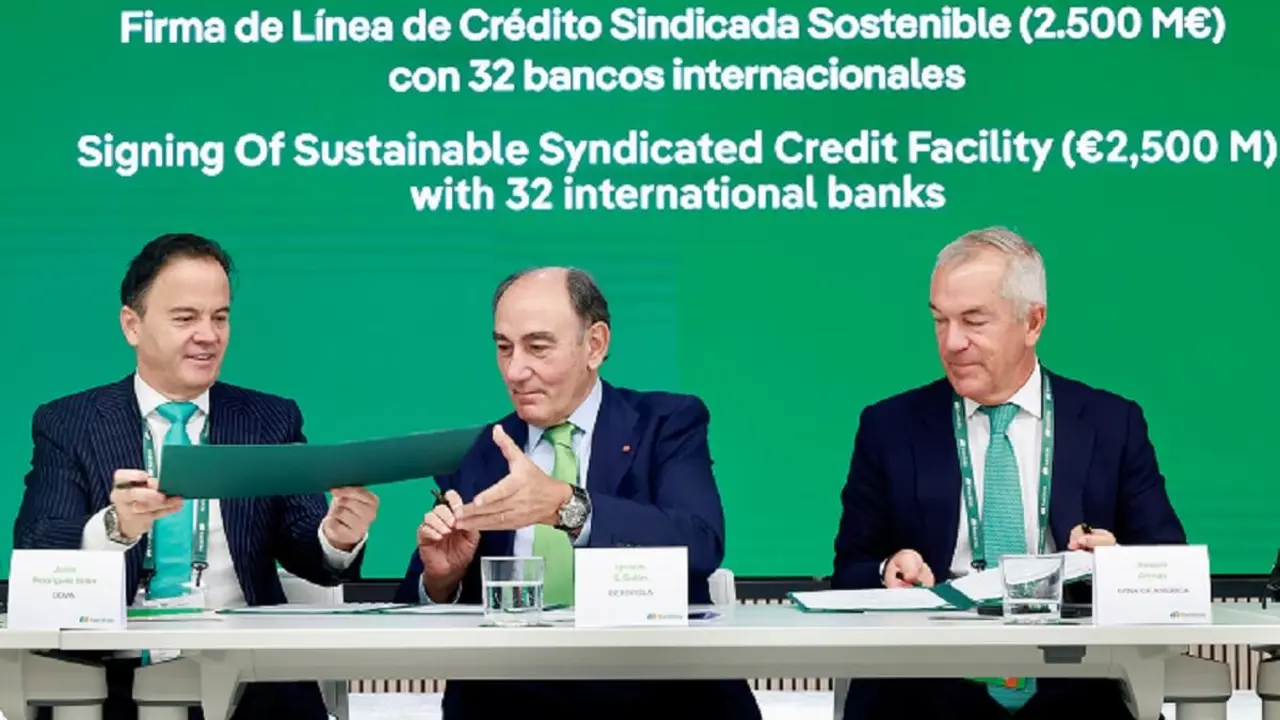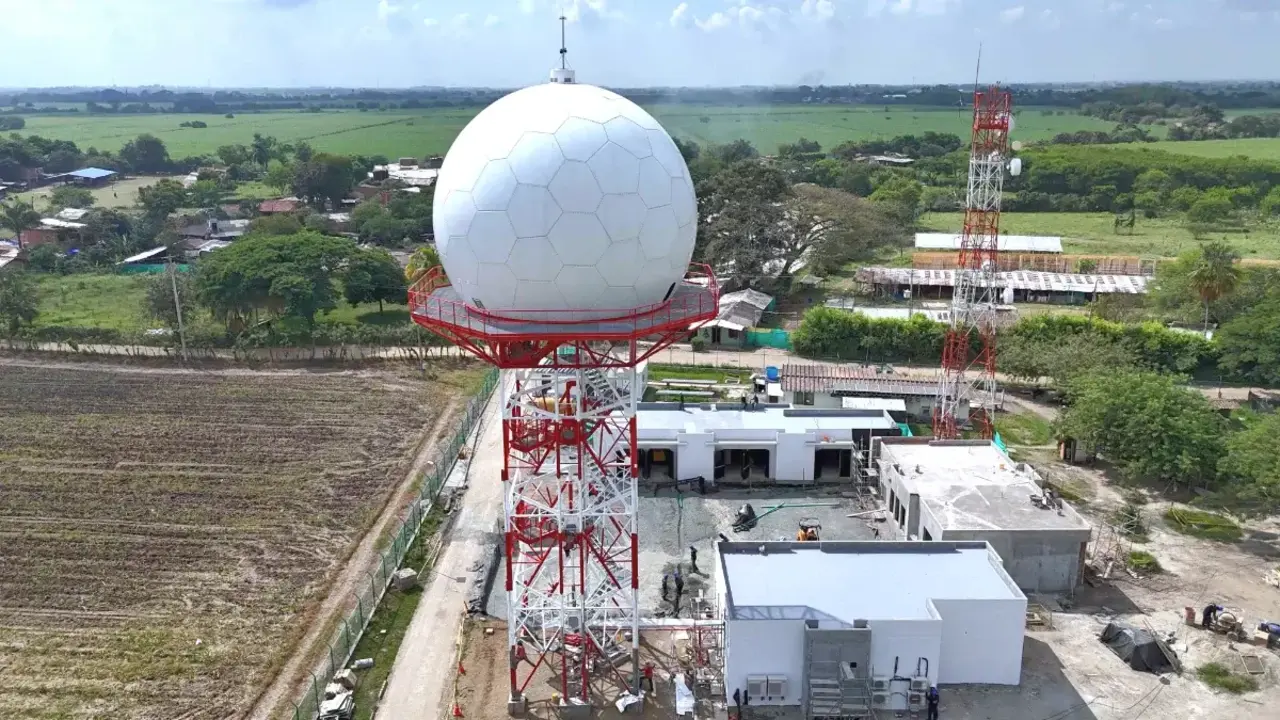Eurozone avoids technical recession in 2023 but remains stagnant

The eurozone economy narrowly avoided a technical recession in 2023 and closed the year with a timid expansion of +0.5%, although it seems unable to emerge from stagnation.
According to the European statistics agency Eurostat, the eurozone economy recorded zero growth in the fourth quarter of 2023, after a decline of -0.1% in the third quarter of the year.
The fourth quarter result was higher than forecasts by Bloomberg and FactSet experts, who predicted a contraction of -0.1% in the last three months of the year.
The annual total came in at +0.5%, slightly below the +0.6% growth projected by the European Commission, the European Union's executive arm, in its latest economic forecast report.
According to Eurostat, the results for the fourth quarter and the annual total were the same for the euro area and for the EU as a whole, which includes the countries of the bloc that do not use the common currency.
The eurozone lived throughout 2023 with high interest rates from the European Central Bank (ECB, the monetary authority for the euro), which is trying to control inflation.
However, the contraction of credit as a way to contain consumption had a strong impact on investments, as well as on the export sector, already affected by the global slowdown.
As a result, the eurozone's GDP grew by only +0.1% in the first quarter and repeated the same figure in the second, before falling -0.1% in the third and closing at 0% in the fourth and last quarter of the year.
This evolution was not the same in all countries. Germany, the economic locomotive of the EU, recorded a fall of -0.3% in the fourth quarter and accumulated a contraction of -0.3% for the whole year, according to its agency Destatis.
In contrast, Spain grew by +0.6% in the last quarter of the year and, according to the National Statistics Institute (INE), closed 2023 with a robust +2.5%.
Stagnation
France, Eurostat noted, recorded zero growth in the last two quarters of the year. However, it had a noticeable expansion in the second quarter that allowed it to close the year with an increase of +0.9%, according to Insee.
In the opinion of expert Bert Colijn, economist at ING Bank, the euro zone economy, although it avoided technical recession in 2023, has remained stagnant "in general terms since the end of 2022".
According to the specialist, the euro economy "has lost substantial ground to the United States in terms of GDP in recent years".
In this scenario, Colijn does not expect a GDP recovery in the first quarter of 2024. "We only expect an improvement in the eurozone economy much later this year," he said.
Jack Allen-Reynolds, an economist at Capital Economics, said the eurozone economy will remain stagnant "in the first half of this year".
According to Allen-Reynolds, the fact that the region has avoided a technical recession in 2023 is just "a matter of semantics".
"The big picture is that eurozone GDP has been flat since the third quarter of 2022, when gas prices spiked and the ECB started raising interest rates," he said.


